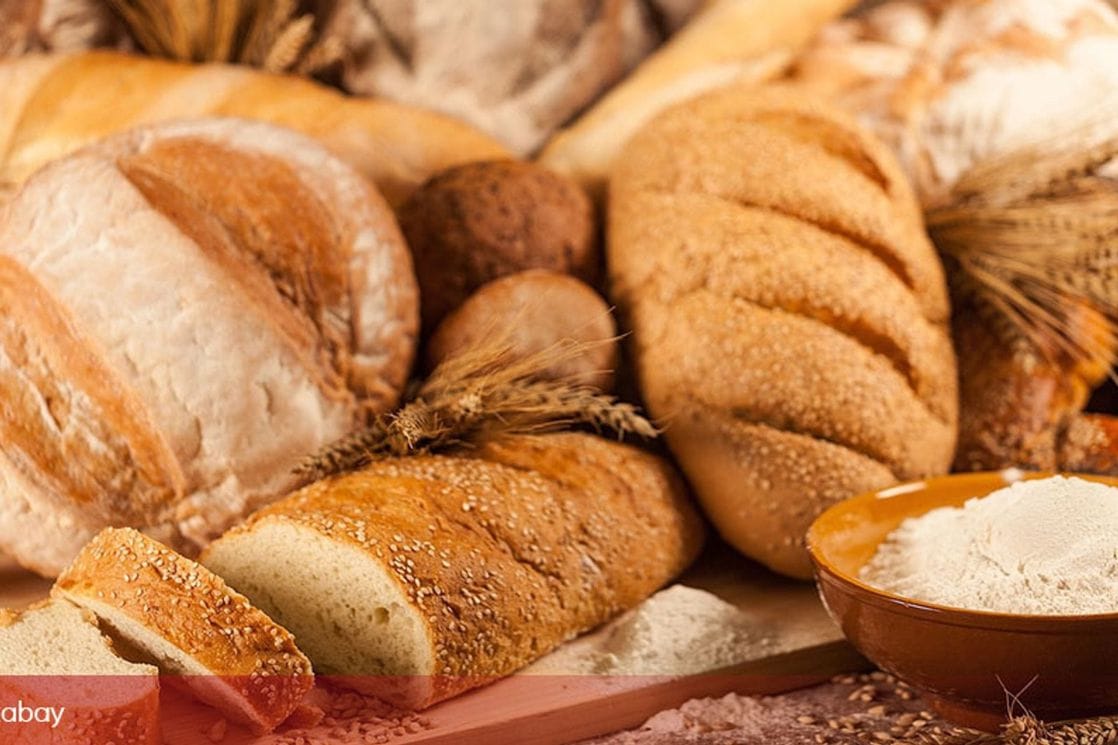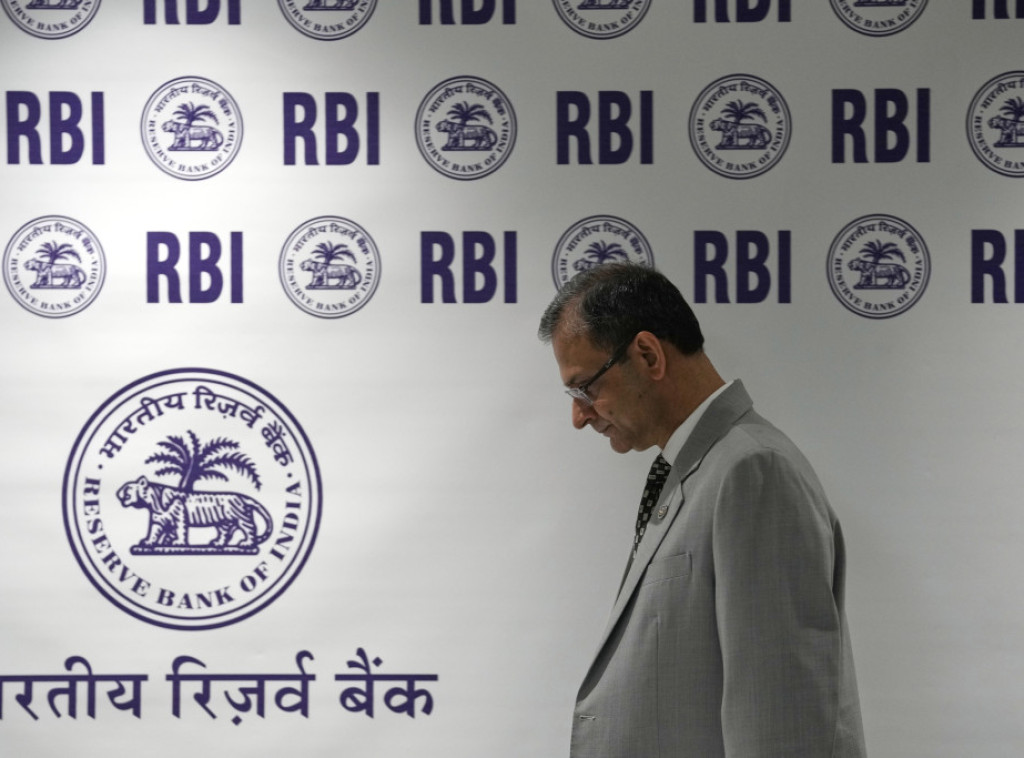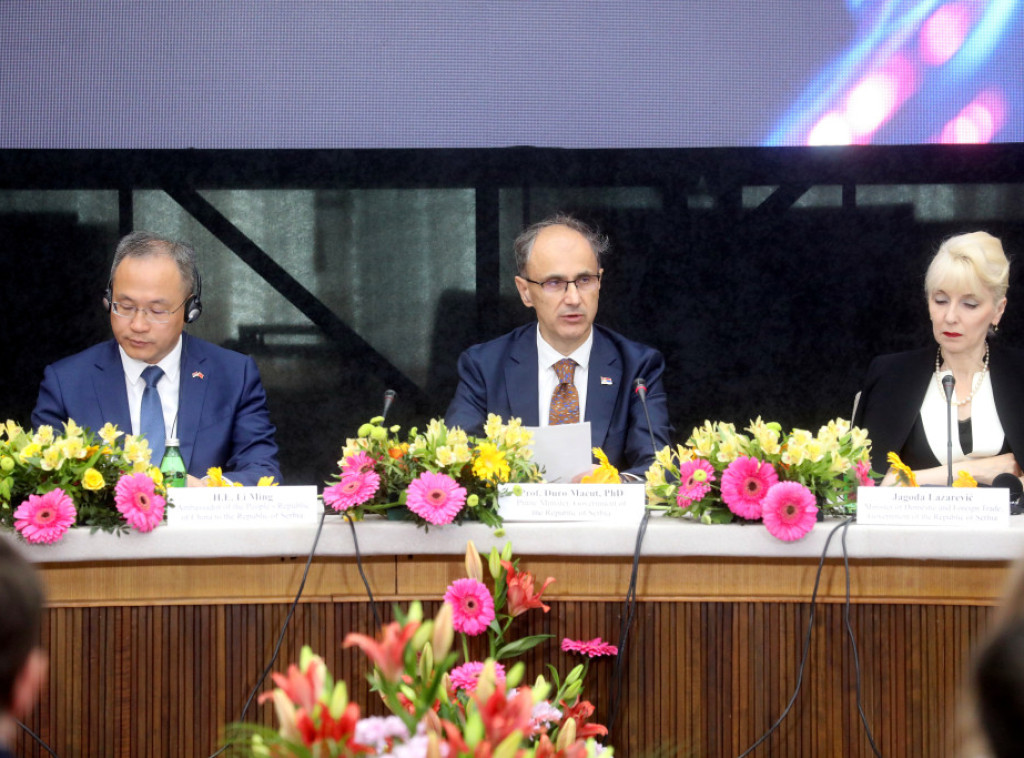Starting from June 11, the price of basic white bread in Montenegro will increase by five cents, making the price between 80 and 85 cents. The price increase will also affect most other bakery products. The reason for the price hike is that the bread price has not been changed for three years, while production costs, including employee wages and raw material costs, have significantly increased. Bakers emphasized that the increase is necessary to cover costs and maintain production sustainability. Retail chains confirmed they will not increase their margins but will adjust prices to the new costs. This measure is accepted as justified to support the development of the bakery industry and preserve jobs.
Political Perspectives:
Left: Left-leaning sources emphasize the impact of rising production costs on workers and the necessity to increase wages to retain employees. They highlight the social impact of price increases on consumers, especially lower-income groups, and call for government intervention to protect vulnerable populations from inflation.
Center: Center-leaning sources report the facts of the price increase, explaining the economic reasons such as increased costs of raw materials and wages. They present statements from both producers and retailers, emphasizing the balance between covering costs and avoiding excessive profit margins. The narrative is neutral and focused on economic sustainability.
Right: Right-leaning sources focus on the necessity of the price increase as a natural market response to rising costs and wage demands. They stress the importance of allowing businesses to operate profitably and invest in development. They often reject accusations of profiteering by retailers and emphasize the role of free market mechanisms.







































































